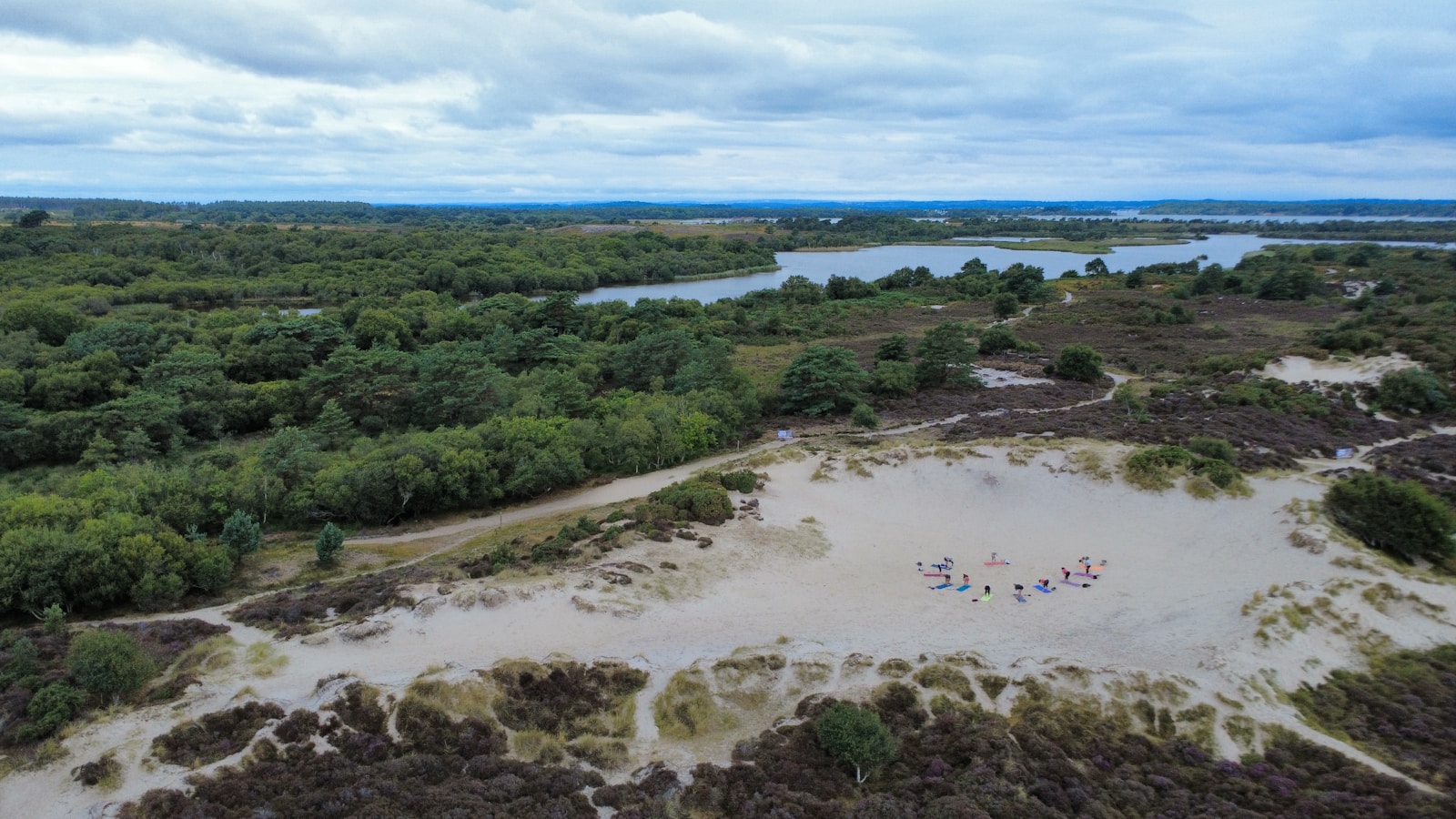
Pantanal wetlands are the world’s largest tropical wetland, a biodiversity hotspot that faces unprecedented threats from climate change. Fires, droughts, and human activity are endangering this unique ecosystem, putting species, local communities, and global climate regulation at risk.
The death of Gaia, a jaguar monitored for years by conservationists, symbolizes the ecological toll of neglect. Burned alive in 2024, Gaia’s story reflects the broader crisis facing the Pantanal wetlands. Her passing highlights the urgent need for effective conservation and immediate policy action to prevent further loss of iconic wildlife.
Over the past five years, the Pantanal has become a frontline of the climate crisis. In 2020, fires consumed nearly 30% of the wetlands, killing millions of wild animals and releasing massive amounts of carbon. The 2024 fires, fueled by record-breaking temperatures and extreme drought, underscore the vulnerability of the ecosystem and the cascading effects on biodiversity.
The Pantanal wetlands provide essential ecosystem services, including water filtration, carbon storage, and climate regulation. Destruction of these areas threatens not only local communities but also regional and global environmental stability. Protecting these services is vital for maintaining resilience against climate impacts.
Rising temperatures and prolonged droughts are making the Pantanal wetlands increasingly susceptible to catastrophic fires. Climate models predict that without immediate intervention, fire frequency and intensity will continue to grow, threatening both flora and fauna. According to Nature Journal, such events are a clear warning sign of escalating climate impacts.
Deforestation, cattle ranching, and unsustainable land use exacerbate the vulnerability of the Pantanal wetlands. Encroachment into protected areas and poor land management practices reduce natural firebreaks, accelerating destruction. Effective governance, community engagement, and sustainable practices are essential to mitigate these threats.
Strong conservation policies are crucial for safeguarding the Pantanal wetlands. Legal protection, strict enforcement, and international cooperation can prevent further habitat loss. By prioritizing wetland preservation, policymakers can ensure the survival of countless species and maintain vital ecosystem functions.
Monitoring key species like jaguars provides valuable insights into the health of the Pantanal wetlands. Research initiatives track population trends, habitat changes, and fire impacts, informing conservation strategies. This scientific approach allows stakeholders to respond proactively and implement measures to protect critical wildlife populations.
Local communities play a crucial role in wetland conservation. Ecotourism projects, like those supported by Onçafari, provide both economic incentives and education for conservation. For further information on sustainable community programs, see our detailed guide on Pantanal community conservation, highlighting how local engagement strengthens ecological preservation.
Global support is vital for conserving the Pantanal wetlands. International NGOs, research institutions, and governments contribute funding, expertise, and technology to mitigate fires and protect biodiversity. This cooperation amplifies local efforts and ensures that conservation strategies align with global climate goals.
Looking forward, urgent action is needed to protect the Pantanal wetlands. Strategies include stronger fire management, stricter land-use policies, expanded research programs, and increased international funding. By implementing these measures, we can safeguard biodiversity, preserve ecosystem services, and mitigate climate impacts for future generations.
The Pantanal wetlands are a global ecological treasure under severe threat from fires, climate change, and human activity. Protecting this vital biome requires immediate conservation policies, community engagement, and international cooperation. By prioritizing wetland preservation, we ensure the survival of iconic species, maintain climate regulation, and uphold the ecological integrity of one of the world’s most important habitats.

Caption: The Pantanal wetlands in Brazil facing devastating fires, emphasizing urgent conservation efforts.
Description: Fires in Brazil’s Pantanal wetlands threaten biodiversity and ecosystem services, highlighting urgent conservation and climate action needs.